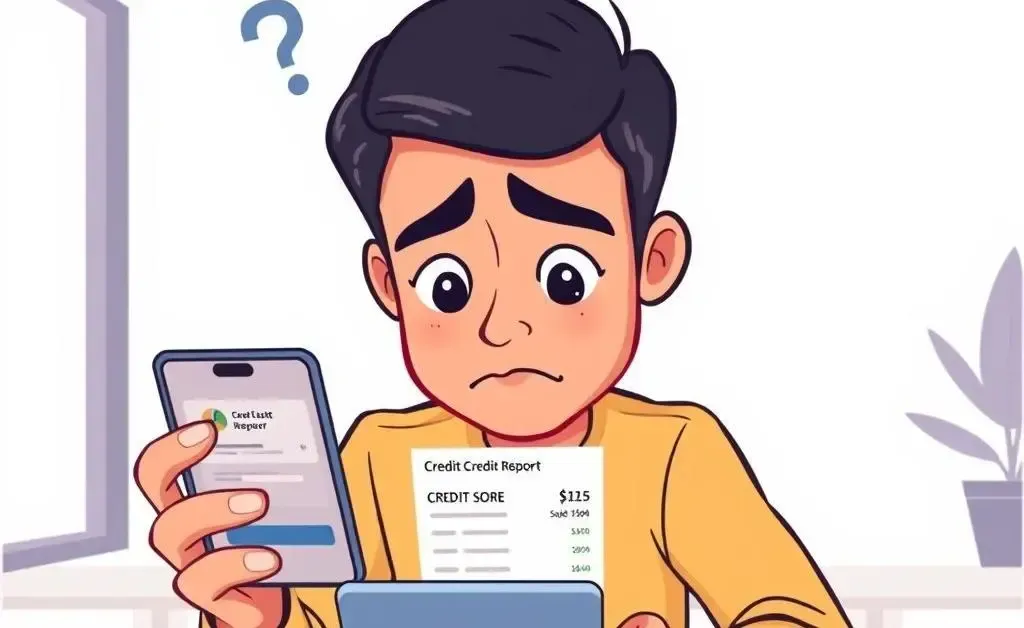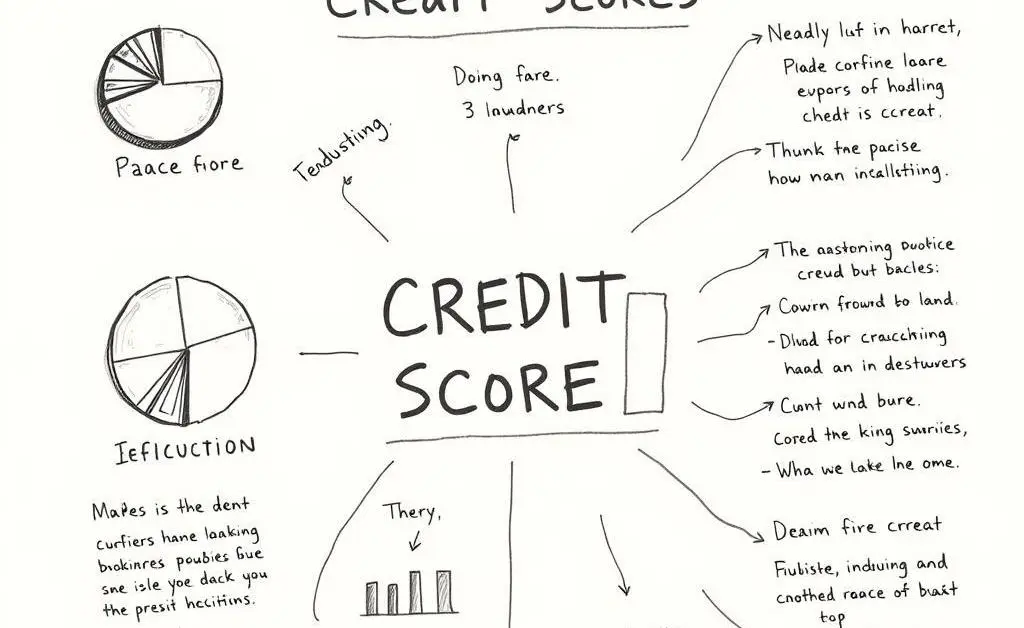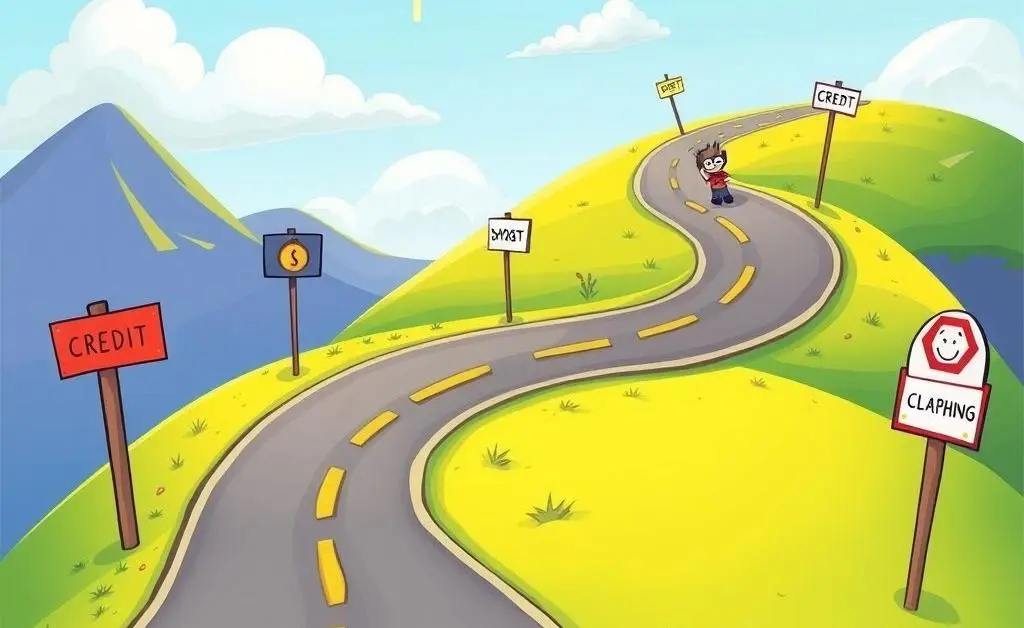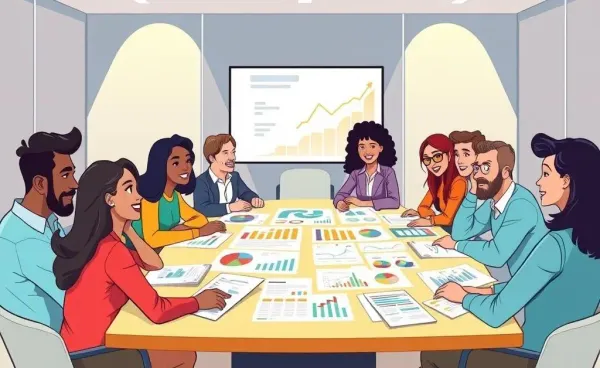Understanding Why Your Credit Score Dropped After Paying Off Debt
Explore why your credit score might dip after debt repayment and learn how to recover.

Have you ever paid off a debt, felt a rush of relief and triumph, only to discover that your credit score took a hit? It's a perplexing, and sometimes a tad frustrating, scenario. I’ve been there, and if you haven't experienced it yet, it could happen when you least expect it. But fear not, together we'll unravel this mystery and hopefully ease some of those anxieties.
Why Does Your Credit Score Drop?
First things first, it's important to understand that credit scores can behave in ways that seem counterintuitive. Here are a few reasons why your credit score might dip after paying off debt:
- Change in Credit Utilization: Credit utilization, or how much you owe compared to your available credit, significantly impacts your score. Paying off a loan reduces your available credit, which can unfortunately push the utilization ratio higher for other accounts, negatively affecting your score.
- A Shift in Credit Mix: Your credit mix, which includes both revolving credit (like credit cards) and installment loans (like mortgages), influences your score. Paying off an installment loan alters this mix.
- Closure of Credit Accounts: Paying off debt might sometimes result in the closure of the account, which reduces your overall available credit and potentially impacts the length of your credit history.

Is This a Cause for Concern?
Despite the initial shock, a small drop isn't necessarily a cause for alarm. Credit scores naturally fluctuate, and a slight dip after settling a debt is often temporary. Credit scores tend to stabilize after a few months, as long as you maintain other healthy credit habits.
Staying Positive and Proactive
It's normal to worry, but there's an empowering truth—there are ways to recover and even improve your credit score:
- Maintain Low Balances: Keep your credit card balances low relative to their limits.
- Keep Old Accounts Open: Closing old credit accounts can shorten your credit history and reduce available credit.
- Use Credit Regularly: Regular, responsible use of credit—paying off balances on time each month—can naturally boost your score.

Embracing the Journey
Think of credit as a journey, not a destination. It ebbs and flows much like life itself. By understanding the underlying mechanics and continuing on a path of mindful financial practices, you'll not only see your score rise again but also feel a sense of control over your financial future.
So next time you check your credit score and see a dip, remember: behind every bump in the trail lays an opportunity to learn and grow. Just like in life, sometimes the most perplexing paths offer the most rewarding views.

If you want to delve deeper into credit scores and financial health, here’s a resource that might help illuminate the intricacies further.




